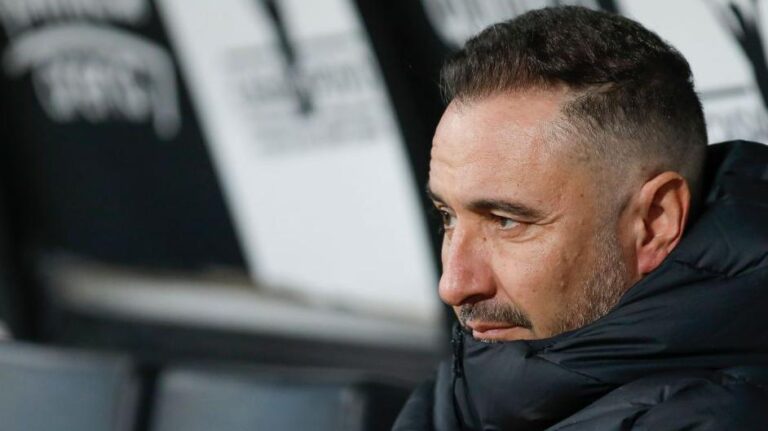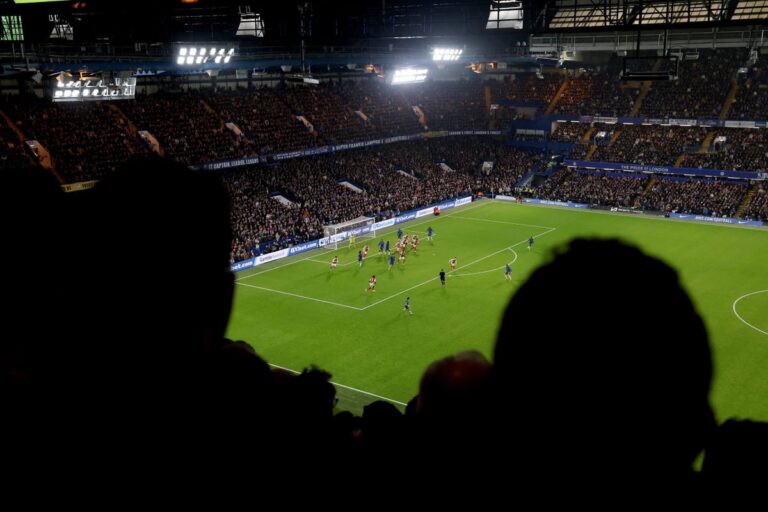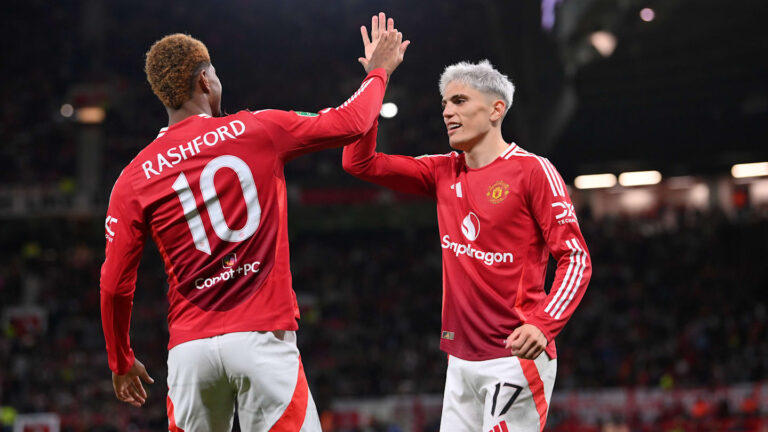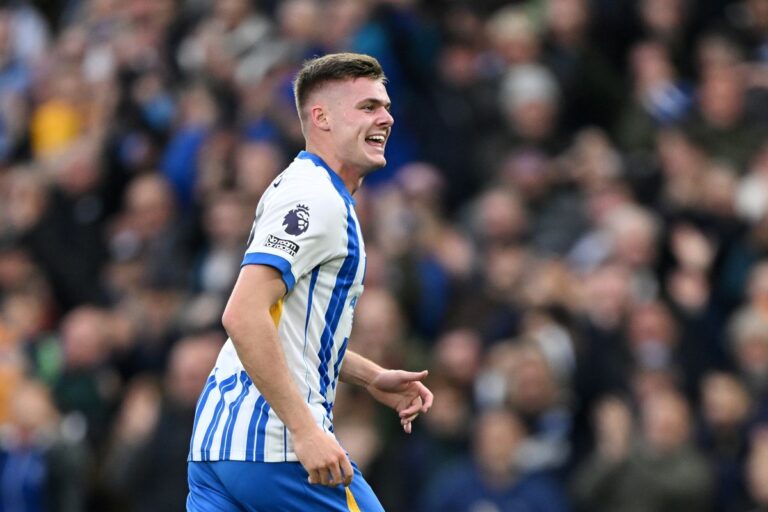
Globe-Trotting ‘Firebrand’ with a Work ‘Obsessed’ Ethic – Meet the New Wolves Boss, Pereira
Vitor Pereira is set to realize his long-cherished ambition of managing in the Premier League.
After more than a decade of anticipation and perseverance, the Portuguese tactician has been appointed by Wolverhampton Wanderers as the successor to Gary O'Neil.
His journey to this coveted position has been tumultuous, as he has openly confessed that his absence from English football stemmed from “an addiction” to management that left him disinclined to remain jobless for extended periods.
This relentless drive has influenced career decisions ever since he celebrated back-to-back Primeira Liga titles with Porto in 2012 and 2013.
“I was convinced I'd go to Everton [in 2013],” Pereira reflected during a candid conversation with Canal 11. “I had attended a meeting with them and was expecting to move to the English league, which was my obsession.”
“And suddenly, because I lacked patience, I changed direction. The addiction was so strong – and it still is – but back then, the addiction was overwhelming, and I couldn't go so long without being active.”
“I didn't end up going to Everton because my English was poor, very poor. I struggled with the language. I went to a meeting and didn't understand half of what was said to me.”
While Spaniard Roberto Martinez was eventually chosen, Pereira transitioned to Saudi club Al-Ahli.
Since then, much has changed—most notably, Pereira's proficiency in English.
Now 56, Pereira has evolved from a figure once hailed by José Mourinho as “more than an assistant manager”—whispers in Portugal suggested he played a pivotal role in Porto's historic treble run in 2010-11—into a seasoned coach with diverse experiences. His managerial tenure has taken him across continents, from Al-Ahli and Al-Shabab in Saudi Arabia to Olympiacos in Greece, Fenerbahce in Turkey, 1860 Munich in Germany, Shanghai SIPG in China, and both Corinthians and Flamengo in Brazil.
Yet, the Premier League came calling on several occasions, and each time, he fell just short of being considered the right man for the job.
“I did many job interviews with English clubs. On one occasion, I was already preparing for my debut match…” Pereira recounted solemnly to Mais Futebol.
Now, with Wolves in dire need of a tactical overhaul and escape from relegation, Pereira must harness that tenacity and prove that the wait was worth it.
“Vitor is a self-made man,” affirmed his former deputy, Rui Quinta.
“He came from humble beginnings [a fishing neighbourhood in his birth town of Espinho, where the ocean sometimes flowed into his house], from a difficult social background where some of his friends went down the wrong path in life.
“But he chose to study, coached at youth level, then at senior level, and is now at the top.”
A thesis on Cruyff and advising Guardiola
Pereira’s footballing roots are entrenched in his playing career as a center-back within the Portuguese lower leagues. Even as he retired at 29, he remained resolute; coaching was always his destiny.
So committed was he to this path that he commenced a degree in physical education in Porto while still donning his cleats, dedicating his graduation thesis to none other than Johan Cruyff’s renowned Barcelona.
“He had a soft spot for the culture of that Barcelona team. He needed to choose a topic, and since he had this passion and could only think about football, it wasn't a difficult decision,” reflected his academic mentor, Vitor Frade.
“He was only interested in football. He would tell me straight to my face: ‘I'm only here to become a coach.'
“I've had many students writing theses on Cruyff and Barcelona, but, if you'll excuse the expression, none of them were as nitpicky as Vitor. I believe he even went to Barcelona to watch some training sessions and had his house full of tapes.”
But Pereira's insatiable thirst for knowledge did not end there.
He ventured to Munich to observe Pep Guardiola's training regimen at Bayern for an entire week, later asserting that he offered valuable advice on the German team’s tactical challenges.
“We discussed Bayern's defeat by Real Madrid in the Champions League semi-final [in 2014],” Pereira recounted to Record newspaper.
“I told him exactly what I thought: ‘Pep, in certain matches, you're still exposing your defensive line during transitions. This and that are happening to you. That's my opinion, if you want to reflect on it.' He agreed and replied: ‘You're right.'
A temper – but ‘an extraordinary heart'
Yet, despite his ardor for Johan Cruyff’s philosophy, Pereira's teams have at times found it challenging to embody the flair associated with beautiful football. Rather, he has carved a reputation for tactical flexibility, which he dubs a ‘transformer structure,' permitting his squads to adapt their formations mid-game.
This adaptability, however, has occasionally led to friction. There have been murmurs of discontent among his players, expressing frustration at the disconnect between practice and matchday execution.
“There were situations [at Corinthians] where we played with a back five, which we had never trained for. One day, he said: ‘Look, I've realised this doesn't work.' But in the very next match, there we were with a back five again. That kind of thing frustrated the players,” recounted former Brazil international Giuliano.
However, Pereira's recent issues extend beyond mere tactical inconsistency.
He has owned up to struggles with communication—something that has resonated in his dealings with both the media and players alike.
His penchant for candor has often crossed the line; he once faced backlash for a remark about his bank account when asked about the fear of losing his job.
“You must be joking with me, mate,” he bluntly replied to a Brazilian journalist. “At this stage of my life, of my career, do you think I'm afraid of losing my job? Do you have any idea how much money I've got in the bank, mate?
“My life is stable, I don't need to worry… I'm here at Corinthians, and if it's not Corinthians, it'll be another club. Whenever I want.”
Pereira's fiery demeanor and unfiltered honesty can spell trouble within the dressing room, too. His intense, sometimes combative, approach has alienated some players in the past.
Labelled as hot-headed, he is unafraid to voice his opinions, a trait he attributes to his modest upbringing but that also serves as a shield against perceived threats.
Moreover, he has admitted struggles with players who have experienced little adversity, characterizing them as “spoiled” or ‘rich kids that have never suffered, and don't know how to suffer in life.'
The sentiment among several players at Corinthians was palpable when he departed the club after just 10 months in 2022; many openly expressed relief.
“We were happy that he was leaving, I don't need to lie,” confessed winger Roger Guedes.
Navigating the trials of top-flight football, managing egos, and tempering his passionate nature will be paramount if Pereira aims to establish himself with the Wolves in the dog-eat-dog world of the Premier League.
“Sometimes he goes overboard with the amount of time he spends worrying about things related to the team and the players,” Quinta advised wisely.
“I've told him this a few times: it's important to step away occasionally, take a breather, and come back with full energy. He's a coach who has an extraordinary heart.”





